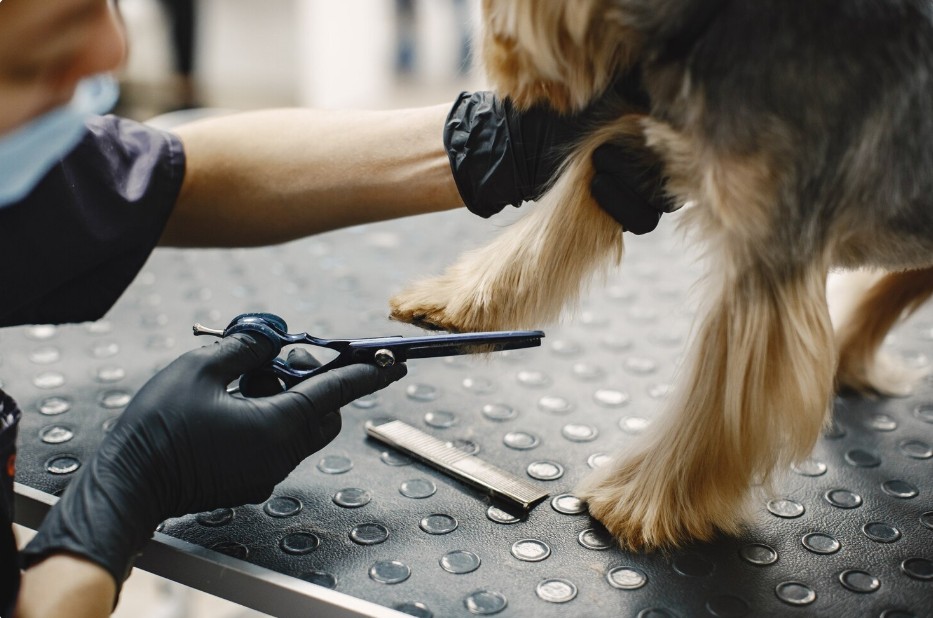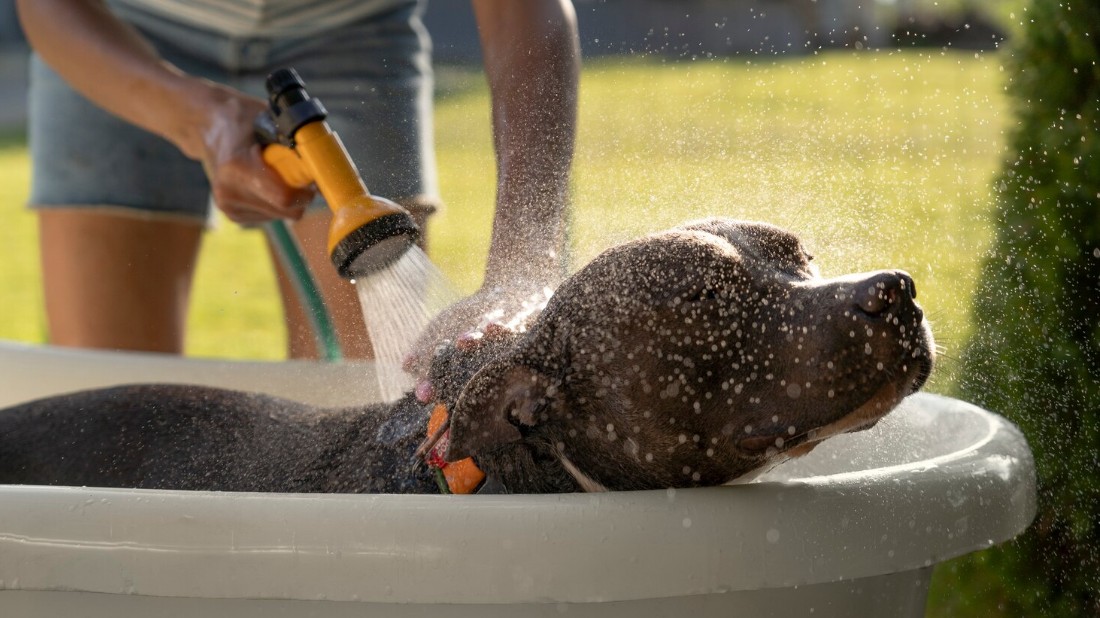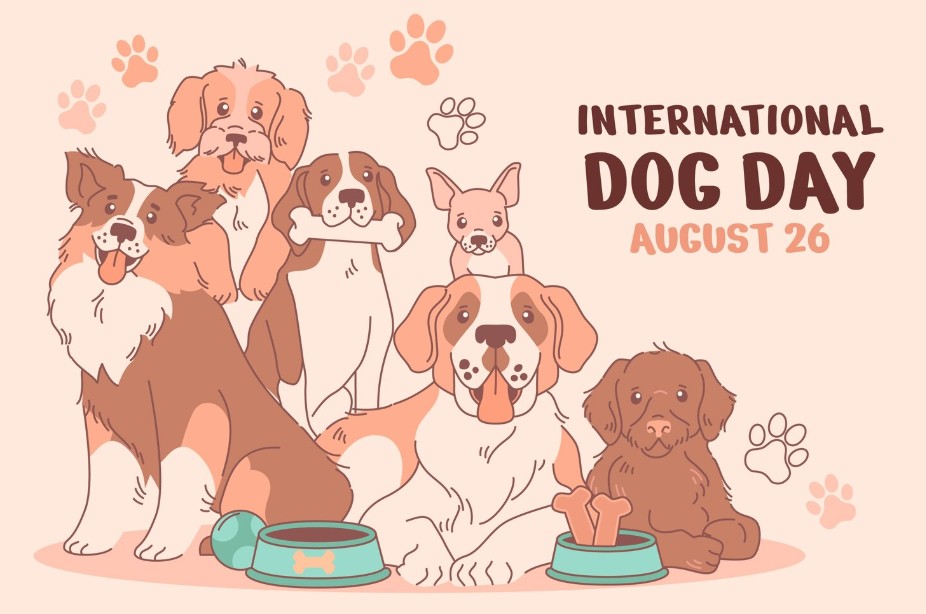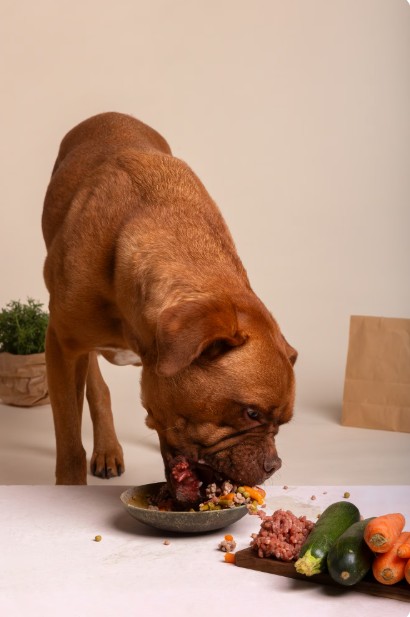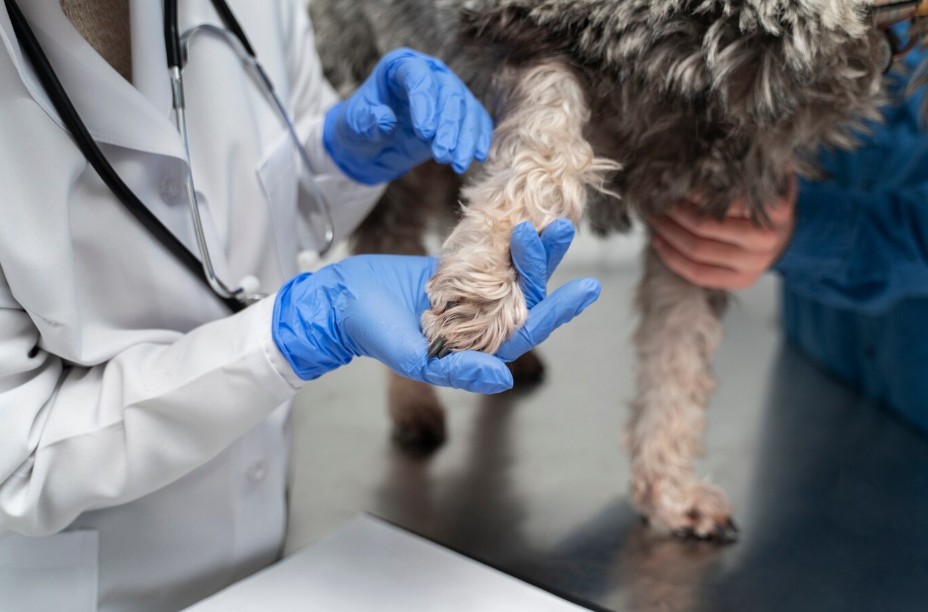As a pet parent, you’re constantly observing your dog’s behavior. So when your dog suddenly refuses to drink water or shows complete disinterest in their water bowl, it’s natural to be concerned. Just as hydration is important for us, it is also essential for dogs. If your dog isn’t drinking enough water, it may lead to dehydration, fatigue, and more serious health problems.
In this blog post, we will dive into some of the most common reasons your dog might have a water issue and what you can do to get them drinking again on a regular basis.
Common Reasons Why Your Dog Refuses to Drink Water
1. Change in Environment
If you’ve changed addresses, are on a road trip or your dog’s environment has been altered, that can interrupt your dog’s routine; including their drinking. New scents, sights, and sounds can lead to anxiety or discomfort, which can reduce a refugee’s water consumption.
Tip: Maintain consistency and bring their familiar bowl or even water from home while traveling, promoting a stress-free atmosphere.
2. Weather Changes
In winter months, dogs are more likely to drink less water. They’re not sweating or panting as much, so the perceived need to hydrate falls. But they still require water; even when they aren’t sizzling.
Tip: Make sure their water bowl is available and in good shape year-round. In cold weather try giving lukewarm water to get them to drink.
3. Illness or Pain
When your dog is sick, he or she might not want to drink. Diseases such as kidney disease, urinary tract infections, or gastrointestinal diseases can have thirst suppression as a side effect. Oral pain, often caused by dental disease or mouth injuries, can make drinking uncomfortable or painful too.
Tip: Look for other symptoms, including lethargy, vomiting, diarrhea, or bad breath. If you have any reason to think something is off, don’t delay — a trip to the vet is a must.
4. Unclean Water or Bowl
Do you expect to drink out of a dirty glass? Dogs can be picky too. They may also refuse it if their water bowl is dirty or the liquid is no longer fresh.
Tip: Clean your dog’s water bowl daily with warm, soapy water, and change their water at least once or twice a day.
5. Dietary Factors
Dogs that are fed wet or canned food diets tend to drink less water because they’re getting a lot more moisture from their food. That’s often fine, but it’s still important to guarantee they are provided with clean water at all times.
Tip: Keep track of how much they’re eating, but don’t worry if they’re eating wet food and drinking slightly less than normal. If in doubt, visit your vet.
Other Important Link:
https://www.justiceforleia.com/blog/list-of-essential-common-dog-vaccines/
6. Behavioral Issues or Stress
A high-stress home, loud noises such as fireworks, or separation anxiety can all contribute to behavioral changes in dogs, including changes in eating and drinking habits.
Tip: Stay aware of their behavior and try to prevent these moments. Use positive reinforcement to encourage drinking.
Signs of Dehydration in Dogs
Knowing the warning signs of dehydration is important. Here’s what to look out for:
- Dry nose and gums
- Sunken eyes
- Lethargy or sluggishness
- Reduced skin elasticity (you can test this by gently pulling up the skin on their neck — if it doesn’t snap back quickly, they may be dehydrated)
If you notice any of these symptoms, book a consultation with your vet.
Tips to Encourage Your Dog to Drink More Water
Here are some simple tips to ensure your dog stays hydrated:
- Change the bowl: Some dogs prefer stainless steel or ceramic over plastic. Try different materials to see what they like.
- Try a pet water fountain: Moving water may be more enticing. Pet fountains are great for picky drinkers.
- Flavor the water: A little low-sodium chicken broth or bone broth can also really jazz things up and make the water more attractive.
- Offer ice cubes: On hot days, some dogs like to chew ice. It’s a refreshing and wholesome treat.
- Add water to their food: Adding a little water to dry kibble or increasing wet food can help, as well.
When to See a Vet
If your dog doesn’t drink for over 24 hours or exhibits any signs of illness, don’t wait, call your vet. Puppies, senior dogs, or dogs with existing health problems can dehydrate rapidly. This will help you ensure your furry friend stays hydrated and healthy.

